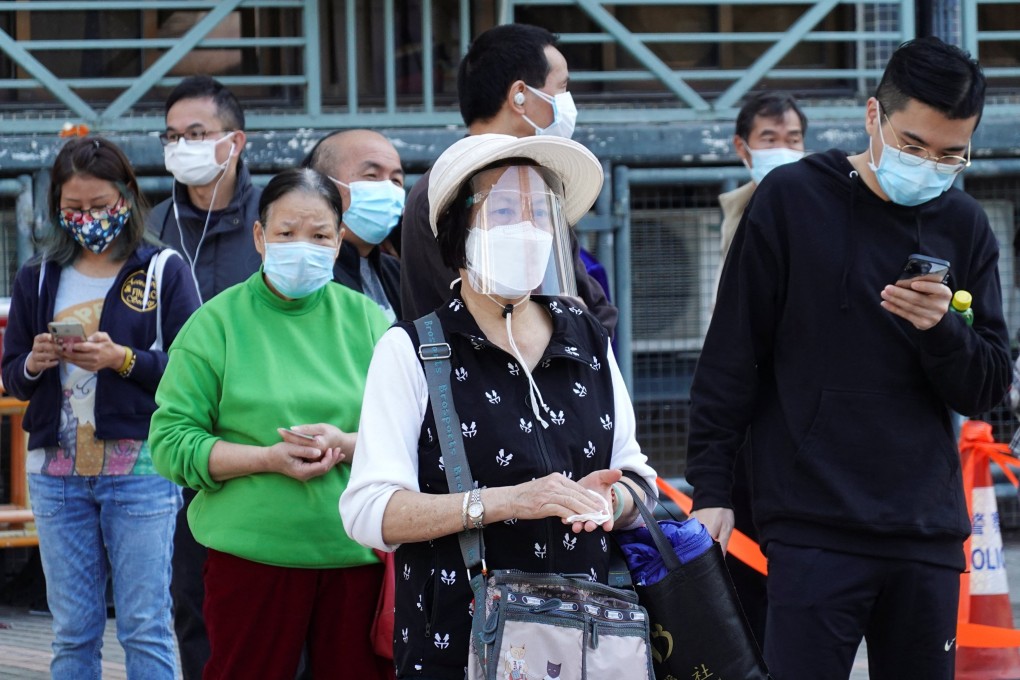Editorial | Hong Kong badly needs help of mainland Chinese experts as virus cases soar
- New variants that have overwhelmed the city’s health and testing systems call for Chinese personnel and resources to come to the rescue

Hong Kong’s days as a shining example of how to stave off the coronavirus have ended. With the Omicron and Delta variants rampaging and the hospital system and testing and quarantining facilities overwhelmed, the city needs help.
The ever-surging numbers of cases and resultant long wait for screening and treatment prove we cannot cope. There is every need for mainland Chinese health officials, with their expertise and resources, to come to the rescue.
Local officials will be meeting mainland counterparts in Shenzhen soon to determine what should be provided. Chief Executive Carrie Lam Cheng Yuet-ngor last week said she had asked the central and Guangdong governments for assistance, particularly on boosting testing capacity.
But since then, the need has become urgent; daily infection numbers have been mushrooming, with another record of 1,325 confirmed yesterday. The highly transmissible Omicron is behind most cases and with many having no traceable source, a better strategy is a necessity.
Hongkongers should welcome such help. While Omicron usually causes mild or no symptoms, it may lead to severe illness and even death for those who are unvaccinated or have weak immune systems. Too many people have still not been inoculated, particularly those above 70 years of age, and the city has to buy time.
